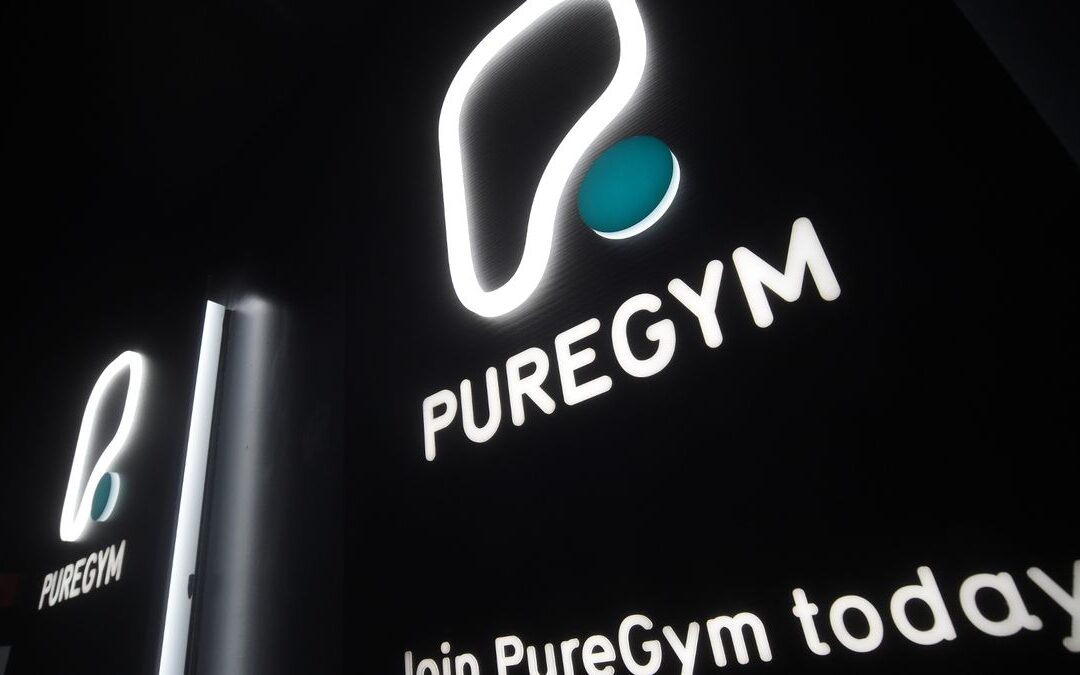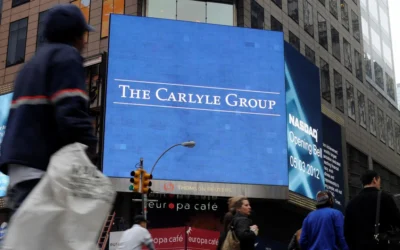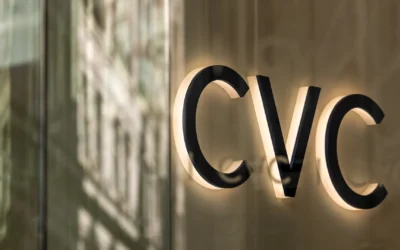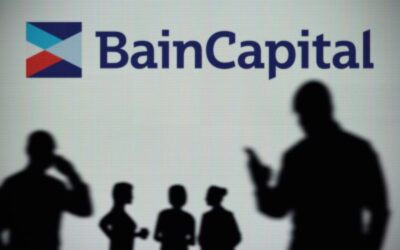Banks that looked set to take steep losses on a long-stalled debt sale for PureGym received unexpected support from this week’s Covid-19 vaccine breakthrough, which boosted demand for junk bonds from the UK’s largest exercise chain and helped lenders make it out mostly unscathed.
Barclays, Jefferies and other lenders underwrote €445m of debt backing PureGym’s acquisition of rival Fitness World in January, planning to then shift the exposure into the bond market. But the banks were left holding on to the deal’s bridge loan for the best part of a year after investors avoided consumer-facing companies whose earnings have been decimated by the pandemic and nationwide lockdowns.
PureGym’s banks launched the long-awaited bond sale on Monday morning, even as a second national lockdown had closed gyms across England, indicating that they would sell the debt at a steep discount of less than 90 cents on the euro.
In leveraged buyouts, banks guarantee borrowers a certain interest rate on the debt. If investors demand a higher yield, lenders have to sell bonds at a discount and take a loss.
But hours after the deal was launched, US drug company Pfizer and Germany’s BioNTech announced that their Covid-19 vaccine was found to be more than 90 per cent effective, sending markets soaring and raising hopes of the leisure sector rebounding sooner than expected.
PureGym rode the wave of optimism, receiving more than €1.3bn of orders from investors, and sold the debt at 95 cents on the euro on Tuesday, marking a fortunate escape and considerably lower losses for its banks.
“We were able to take advantage of a good market window to price the deal,” said Stephen Smith, head of leveraged finance syndicate Emea at Barclays. “Clearly it’s a name, like many others, that’s been impacted by the Covid backdrop.”
One fund manager described the deal’s timing as “very lucky”, because the announcement of a vaccine breakthrough improved pricing considerably.
“[The initial deal] was underwritten at the peak of the market when no one had heard of Covid,” he said.
The PureGym debt issue is one of the last of a wave of so-called “hung” bridge loans on banks’ balance sheets, comprising deals that were underwritten before the coronavirus pandemic upended global economies. While banks were initially braced for heavy losses on many of these deals, the heavy support from central banks for financial markets helped them sell most of this debt at little-to-no losses.
However, some smaller LBO deals are still stuck waiting in the wings, such as the roughly €450m debt backing private equity firm Permira’s buyout of Italian trainer brand Golden Goose.
PureGym’s bonds offer investors an annual coupon of 5.5 per cent, which equates to a yield of nearly 6.9 per cent given their discount, and mature in 2025.
Despite the company’s private equity owner Leonard Green & Partners injecting £100m of cash into the business in September, PureGym still carries a B minus credit rating, just one notch above the highly risky triple C grade.
Just under half of PureGym and Fitness World’s combined sites globally were open at November 9, according to an investor document.
Source: Financial Times
Can’t stop reading? Read more
Carlyle edges ahead in €6bn pursuit of BASF’s coatings division
Carlyle edges ahead in €6bn pursuit of BASF’s coatings division Carlyle Group has emerged as the...
CVC expands US footprint with $1.75bn acquisition of data-driven insurer Bamboo
CVC expands US footprint with $1.75bn acquisition of data-driven insurer Bamboo CVC Capital...
Bain Capital closes $14bn flagship buyout fund, topping $10bn target
Bain Capital closes $14bn flagship buyout fund, topping $10bn target Bain Capital has completed...




